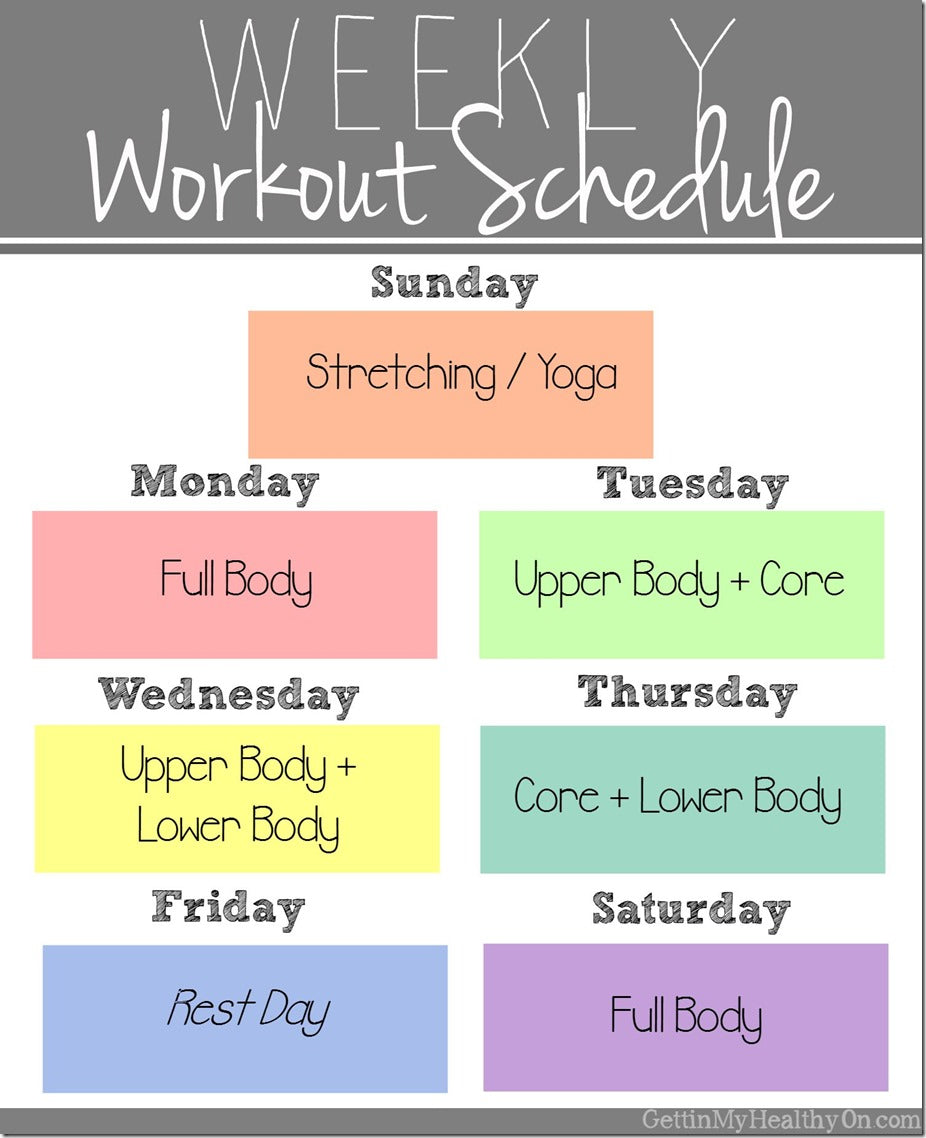
Respect The Rest: The Importance of Recovery Days in Your Fitness Journey
Share
In the pursuit of fitness, we often hear about push days and pull days, the regimes that push our bodies to their limits. However, there’s one crucial component of any workout plan that often gets overlooked: rest days. At DirectDepositME.com, we believe that embracing rest is just as important as all those sweat-soaked push and pull sessions. In fact, understanding the science behind rest can help you optimize your performance and achieve your fitness goals more effectively.
## The Science of Muscle Recovery
When you engage in strenuous exercise, particularly strength training, you create micro-tears in your muscle fibers. This is a normal and necessary part of the muscle-building process. When you push your body to lift heavier weights or perform more reps, these micro-tears signal your body that it needs to adapt and grow stronger. However, this process doesn’t happen immediately.
**Muscle Repair and Growth:** After your workout, your body goes into repair mode. This is where rest comes into play. During recovery, your body works hard to repair the micro-tears and build new muscle tissue. This process is facilitated by a range of physiological activities, including the synthesis of proteins and the release of hormones like testosterone and growth hormone.
**The Role of Rest Days:** Without adequate rest, your body doesn’t have the time it needs to repair and strengthen itself. This can lead to a state known as overtraining, where the body becomes fatigued, performance decreases, and the risk of injury increases. Overtraining can also affect your mental health, leading to burnout and a lack of motivation.
## Why Rest Days Matter
1. **Muscle Recovery:** As mentioned, rest days allow your muscles the time they need to repair and grow. If you’re working out hard without giving your body time to recover, you’re not just risking injury—you’re also hindering your muscle growth.
2. **Prevention of Fatigue:** Continuous training without adequate rest can lead to chronic fatigue, which affects not just your workouts but also your daily life. Incorporating rest days can help maintain your energy levels and improve your overall mood.
3. **Performance Improvement:** Research shows that taking rest days can enhance performance. Athletes who incorporate rest into their training schedules often experience improved strength, speed, and endurance. This is because well-rested muscles are more efficient and can perform at higher levels.
4. **Mental Health Benefits:** Fitness isn’t just about physical strength; mental well-being is equally important. Rest days provide a much-needed break, allowing you to recharge mentally. This can lead to increased motivation and a more positive outlook on your fitness journey.
## How to Incorporate Rest Days into Your Routine
- **Schedule Rest Days:** Just as you plan your push and pull days, schedule your rest days. This will ensure that you prioritize recovery as part of your overall fitness plan.
- **Active Recovery:** If you feel restless on your rest day, consider engaging in light, low-impact activities like walking, yoga, or stretching. These can help promote blood flow to the muscles without putting them under strain.
- **Listen to Your Body:** Pay attention to your body’s signals. If you’re feeling fatigued, sore, or mentally drained, take an extra day off. Remember, rest is a critical component of progress.
- **Nutrition Matters:** Support your recovery with proper nutrition. Ensure you’re consuming enough protein, healthy fats, and carbohydrates to fuel your recovery process. Hydration is also key—drink plenty of water!
## Conclusion
At DirectDepositME.com, we understand that the journey to achieving your fitness goals is not just about the grind; it’s about balance. Embracing rest days is a vital part of that balance. By respecting your body’s need for recovery, you’ll not only enhance your performance but also improve your overall well-being. So the next time you’re tempted to skip a rest day in favor of another workout, remember: it’s not just about the push and pull; it’s about respecting the rest. Your muscles—and your mind—will thank you for it!
## The Science of Muscle Recovery
When you engage in strenuous exercise, particularly strength training, you create micro-tears in your muscle fibers. This is a normal and necessary part of the muscle-building process. When you push your body to lift heavier weights or perform more reps, these micro-tears signal your body that it needs to adapt and grow stronger. However, this process doesn’t happen immediately.
**Muscle Repair and Growth:** After your workout, your body goes into repair mode. This is where rest comes into play. During recovery, your body works hard to repair the micro-tears and build new muscle tissue. This process is facilitated by a range of physiological activities, including the synthesis of proteins and the release of hormones like testosterone and growth hormone.
**The Role of Rest Days:** Without adequate rest, your body doesn’t have the time it needs to repair and strengthen itself. This can lead to a state known as overtraining, where the body becomes fatigued, performance decreases, and the risk of injury increases. Overtraining can also affect your mental health, leading to burnout and a lack of motivation.
## Why Rest Days Matter
1. **Muscle Recovery:** As mentioned, rest days allow your muscles the time they need to repair and grow. If you’re working out hard without giving your body time to recover, you’re not just risking injury—you’re also hindering your muscle growth.
2. **Prevention of Fatigue:** Continuous training without adequate rest can lead to chronic fatigue, which affects not just your workouts but also your daily life. Incorporating rest days can help maintain your energy levels and improve your overall mood.
3. **Performance Improvement:** Research shows that taking rest days can enhance performance. Athletes who incorporate rest into their training schedules often experience improved strength, speed, and endurance. This is because well-rested muscles are more efficient and can perform at higher levels.
4. **Mental Health Benefits:** Fitness isn’t just about physical strength; mental well-being is equally important. Rest days provide a much-needed break, allowing you to recharge mentally. This can lead to increased motivation and a more positive outlook on your fitness journey.
## How to Incorporate Rest Days into Your Routine
- **Schedule Rest Days:** Just as you plan your push and pull days, schedule your rest days. This will ensure that you prioritize recovery as part of your overall fitness plan.
- **Active Recovery:** If you feel restless on your rest day, consider engaging in light, low-impact activities like walking, yoga, or stretching. These can help promote blood flow to the muscles without putting them under strain.
- **Listen to Your Body:** Pay attention to your body’s signals. If you’re feeling fatigued, sore, or mentally drained, take an extra day off. Remember, rest is a critical component of progress.
- **Nutrition Matters:** Support your recovery with proper nutrition. Ensure you’re consuming enough protein, healthy fats, and carbohydrates to fuel your recovery process. Hydration is also key—drink plenty of water!
## Conclusion
At DirectDepositME.com, we understand that the journey to achieving your fitness goals is not just about the grind; it’s about balance. Embracing rest days is a vital part of that balance. By respecting your body’s need for recovery, you’ll not only enhance your performance but also improve your overall well-being. So the next time you’re tempted to skip a rest day in favor of another workout, remember: it’s not just about the push and pull; it’s about respecting the rest. Your muscles—and your mind—will thank you for it!
